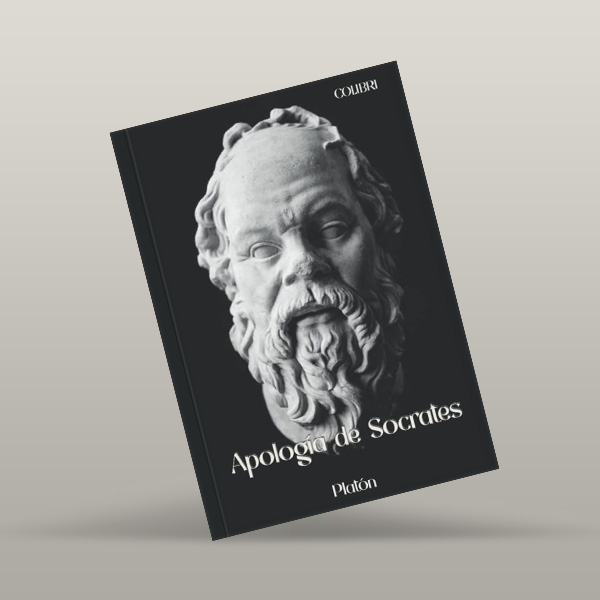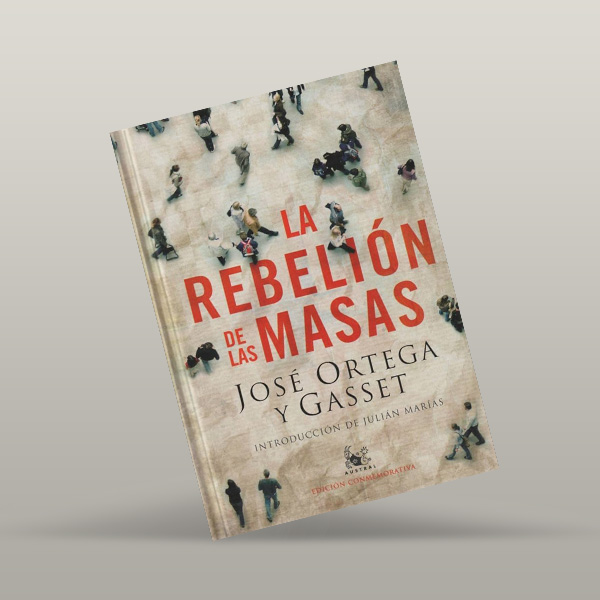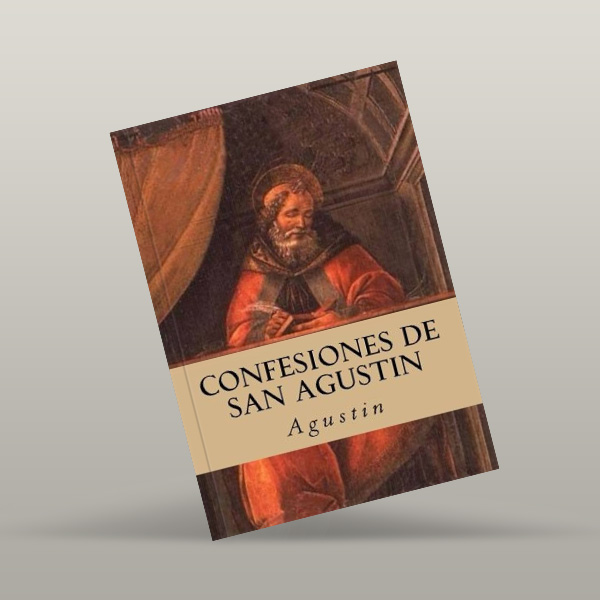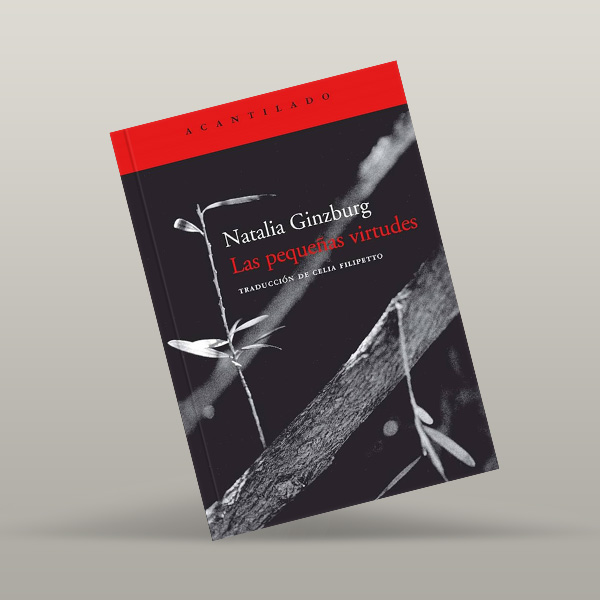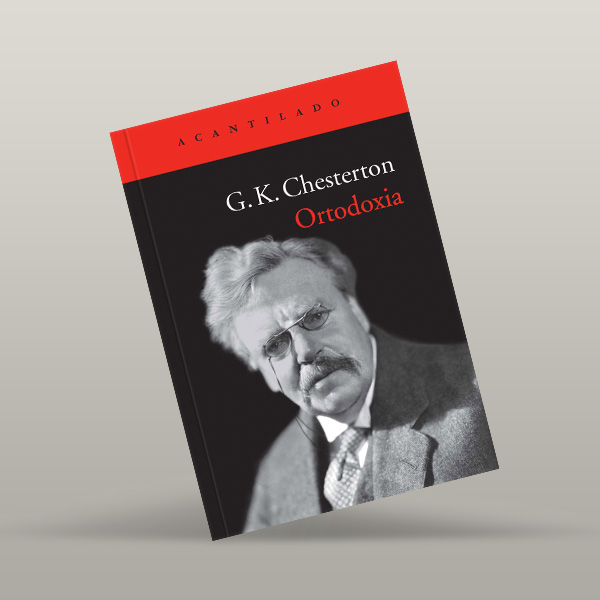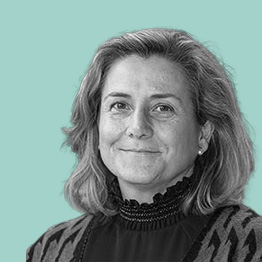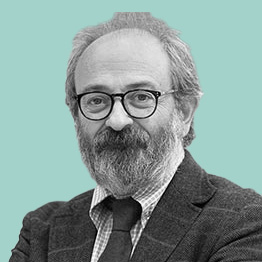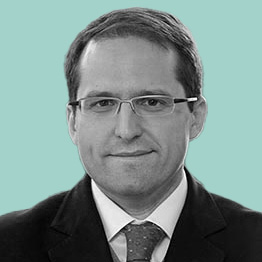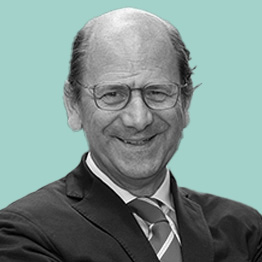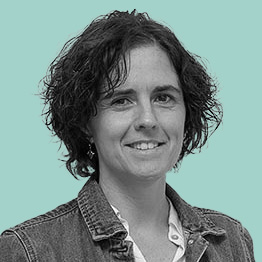SPECIAL REPORT 25TH ANNIVERSARY

Core Curriculumthe adventure of teaching to think
192 subjects. 97 professors. More than 9000 students. These are some of the figures of the Institute Core Curriculum of the University of Navarra. A center that took its first steps in 1998 as the Institute of Anthropology and Ethics, under the direction of Alejandro Llano, and which over the years has grown in the form of new conference, academic programs, conferences, programs for researchers, professors, doctoral students and more.
Thus, the Core Curriculum is 25 years old, even if only symbolically, since the ICC was born with the University of Navarra. It is present in every class, in every professor and this is reflected in the statement of core values of the institution when among its ultimate goals it highlights "the development of the personality of its students in all its dimensions", "the scientific, humanistic and Christian training ", "critical capacity", "knowledge of the problems that allow each one to freely form their own convictions".
The Core Curriculum puts students, researchers and teachers before the difficult task of stopping and thinking. Two actions that are competing for a place in today's world. Also in universities. In these 25 years, the ICC has lived among books, conversations, or writings becoming pure university life and splashing even beyond the so-called "core subjects".
This report is a brief overview of its history and the experience of its students and teachers.
The Core Curriculum: a brief history*.
*The new book "Core Curriculum: the adventure of teaching to think" provides more details on the ICC's milestones from its creation to the present day.
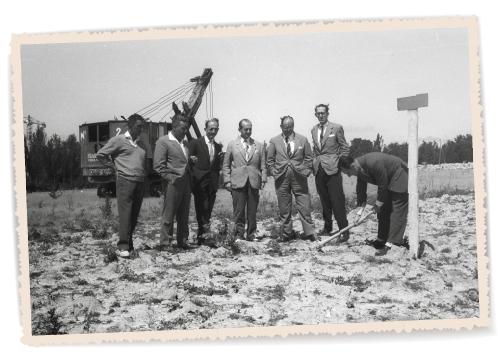
1952
Since its beginnings, the University of Navarra has sought to offer an intellectual training based on Christian humanism, which permeated all the curricula.
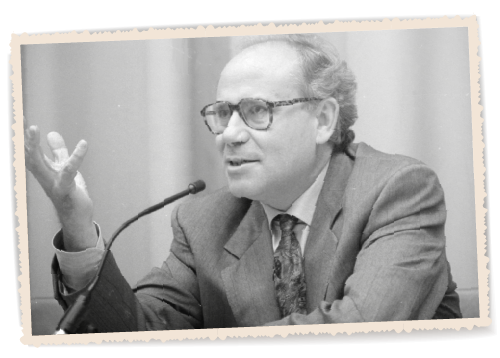
1998
Finally, after a few years of transition, the Office of the Executive Council decided that, due to the interdisciplinary and inter-faculty nature of this training project , it was advisable to have a specific center, under the auspices of Office of the Executive Council. For this purpose, the Institute of Anthropology and Ethics (IAE) was created. Its first director was Alejandro Llano.

2008
With the new state reform of the curricula, the name "Core Curriculum" began to be used to refer to the subjects of the transversal general training in each degree program. In addition to Anthropology and Ethics, two more semester courses are added under the generic name of "Keys to Culture".
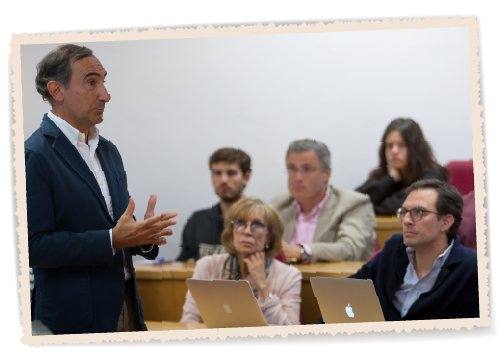
2014
The Office of the Executive Council approves the "Principles of the Core Curriculum of the University of Navarra", which define the objectives and style professor of the courses. In addition, the Great Books Program-pathway Interfaculty Core Curriculum begins, which offers students the possibility of taking the subjects with the methodology of the Great Books Seminars.
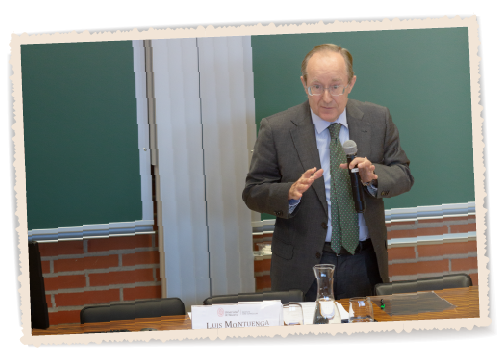
2016
The Office of the Executive Council decided to transform the IAE into the Core Curriculum Institute. The Core Curriculum is understood as the Christian-inspired humanistic training that the University offers to students and faculty of the various Schools and colleges. Three areas of work are defined: teaching in Degree and postgraduate program, faculty training and reflection on the identity of the University.
Leading the adventure
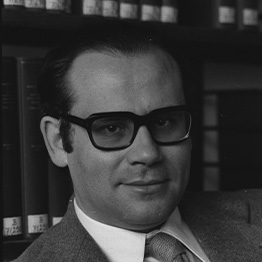
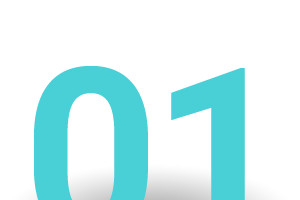
Alejandro Llano, first director of the Institute of Anthropology and Ethics (1998-2001)
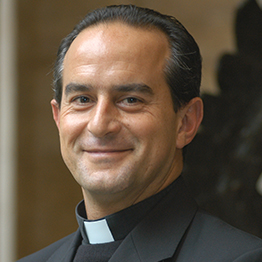

D. Miguel Lluch, director between 2001 and 2010.
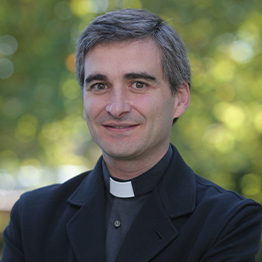

D. Sergio Sánchez-Migalón, director of the Institute of Anthropology and Ethics between 2010 and 2013.
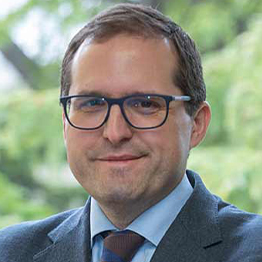

José María Torralba, director between 2013 and 2022. He was replaced that year by the current director, Ricardo Piñero.
Core Curriculumthe piece that makes everything fit together
Students and researchers agree that Core Curriculum gives them a broader vision of reality. At final, a new way of looking at their degree program and asking questions they would never have asked themselves.
"The ICC seems to me a very important piece of my university training for several reasons. Firstly, because financial aid to fill in the university experience in its most essential sense, understanding it as a place to find the truth. Secondly, because it complements my academic training with the human training , we want to be good professionals, but also great people and the ICC has helped me to discover and deepen issues that are fundamental for my vital project . Finally, I have learned to give another vision to my degree program, putting service at the center and, therefore, making it more human".
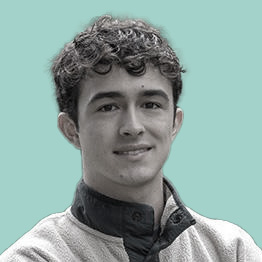
Jorge Fraga, 3rd Year Law
"The ICC allows us to step outside of the discipline we are studying to approach life and problems in a way that may be diametrically opposed to what we would normally use. It also gives us a broader cultural knowledge which allows me, now and in the future, to look at reality with a more complete vision."
Pablo Valles, 4th Year Medicine
"The ability to connect with students from diverse disciplines has allowed me not only reflections of a general nature, but also the incorporation of new ideas and approaches into my own work. These lessons are not only relevant to academia, but also provide a valuable guide for meeting the challenges inherent in research with integrity and commitment."

Sara Lorenzoni, PhD candidate in Pharmacy and Nutrition
"During the "Literature, violence and freedoms" classes we have delved into topics such as colonialism, slavery from the perspective of a former slave, racism from the hand of the author Harper Lee and the experiences of Kapuscinski around the African continent. Or, for example, in another subject we deal with Dialectics based on numerous classical authors, each one with his vision on Education, ethics and justice. Thanks to the ICC, I feel enriched staff and academically, with a more open mind about topics that had not appeared before in my day-to-day life and that surely would not have done so had it not been for these subjects."
Natalia Pérez Robres, 4th grade Economics y Derecho
Can thinking be taught?
On the occasion of the 25th anniversary, the book "Core curriculum: the adventure of teaching to think" has been published. A publication that gathers the history of the institute and the lessons of the end of the Education of the last years, the annual meeting of the ICC where it is reflected on the university Education . Is it possible to teach to think? Professors and researchers answer.
"I have been able to see in the lives of my students the ethical, aesthetic and emotional impact of the texts we work on class. When you teach your discipline to future specialists, you sometimes lose sight of that impact. On the other hand, in the subjects of Core Curriculum not only critical thinking and intellectual skills are emphasized, but also the connection between knowledge and the moral relevance for one's own life student; in a way you test through reasoning the truths that disciplines such as literature, history or Philosophy offer to the human being."
Rosalía Baena, Vice President of Students
"Thinking is a way of getting to know, to taste, it is a way of tasting, of learning to discern, of accepting and denying, of protesting and admitting, of sharing what we are in order to be, among all of us, better. If we do not want to be better and improve with others, thanks to others, few things make sense. Learning to think allows us to dedicate our lives to the search for truth, to strive to do good, to fall in love with beauty".
Ricardo Piñero, director of the Institute Core Curriculum
"Without asking oneself the great existential questions, one lives aimlessly, like a drifting buoy (to use Ortega y Gasset's metaphor). As Hannah Arendt explained, the main problem is not to "think badly" (i.e. to make mistakes), but to give up thinking, to ask oneself those decisive questions that we could call "sapiential", because they will not necessarily make you richer, but more human. As professor of core curriculum, I understand that my first task consists in helping to understand the real in all its complexity and richness of nuances".
José María Torralba, Full Professor of Philosophy and director of the Institute Core Curriculum (2013-2022)
"Rather than teaching how to think, which might sound a bit pretentious, we try to create spaces and times to think. I think that is one of the great values of the Core Curriculum Institute: not to take for granted that the university is a place for reflection, and to try to make explicit the awareness of being a place to stimulate thinking."
Manuel Martín Algarra, Full Professor of Communication and Deputy Director of the Institute Core Curriculum
"To teach to think is for me to open horizons, to question the known, to offer diverse perspectives, to establish dialogues with those who are and those who have been, to encourage to ask questions, to push to seek the answers that have been given and to understand their scope, to encourage to seek the strength, the light and the attractiveness of truth in all areas of life."
Rosa Fernández Urtasun, Professor of Modern and Contemporary Literature, School de Philosophy y Letras
Great Books
Great Books
The Core Curriculum includes 192 subjects such as Anthropology, Great Current Cultural Debates, among others. Of all its educational offerings, the Great Books Program stands out: an inter-faculty pathway of 18 ECTS credit, based on the discussion and colloquium on the great questions of human existence, based on the reading of well-known works of thought, literature and history.
As pointed out by Rosalía Baena, Vice President for students, thanks to reading, "students have the opportunity to engage in dialogue at class, while at the same time fostering respect for different opinions. They are more aware that each generation has to make its own synthesis of knowledge by reading and thinking from the classics; and they realize that the Western cultural tradition and Christian humanism have much to offer them".
